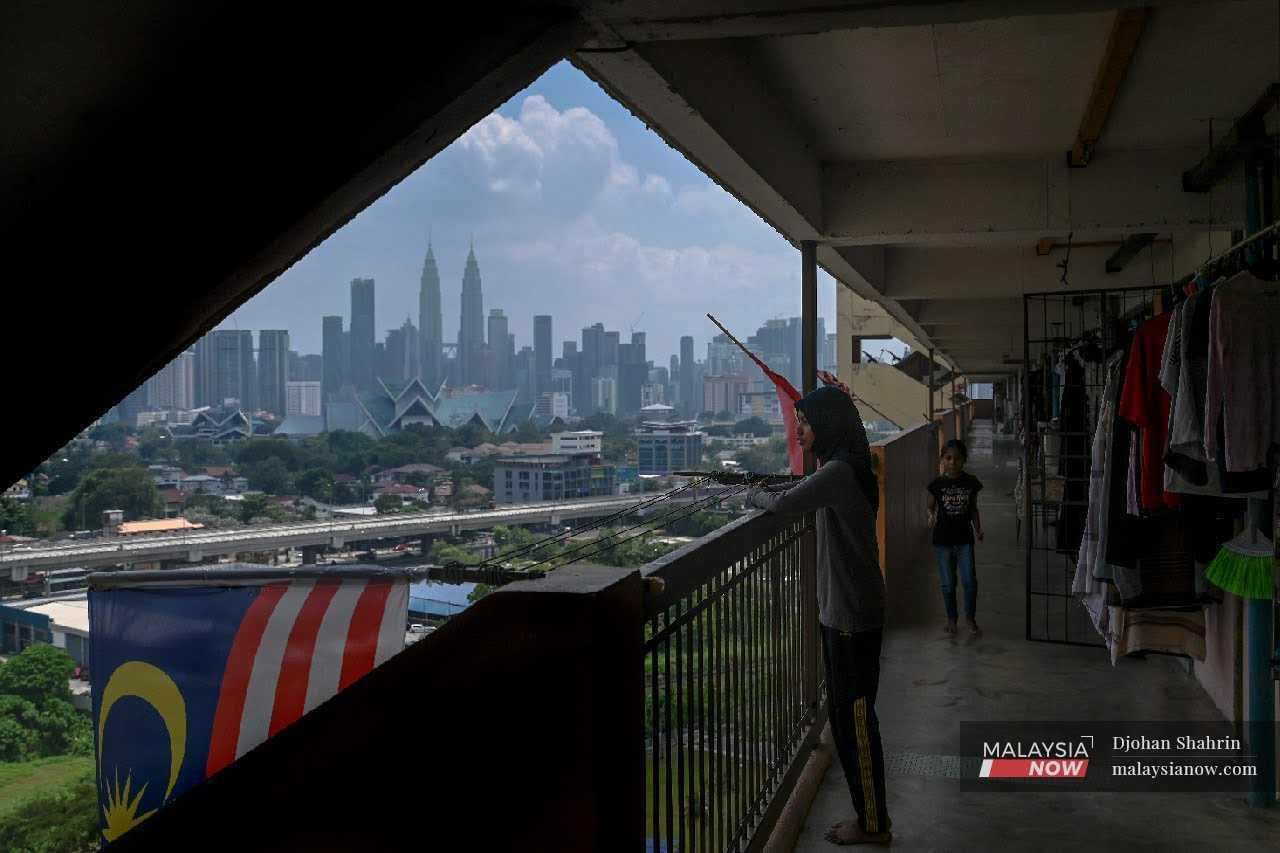On Merdeka eve, govt warned against proceeding with 'cruel' amendments to citizenship laws
Two lawyers and two activists join hands in urging Putrajaya to stop the plan which they say will create a new class of stateless people including children.
Just In
Ahead of Merdeka, lawyers and activists have renewed calls for the government to abandon its plans to amend a constitutional provision intended to prevent statelessness, saying Putrajaya's slogan of unity and hope cannot be to the exclusion of those in this group.
"Our Merdeka celebrations are marred, as the very government which has promised reform is taking active steps which will consign the stateless to a hopeless legal limbo," said a statement signed by lawyers Ambiga Sreenevasan and Latheefa Koya, and activists Hartini Zainudin and Maalini Ramalo.
"It is the stuff of dystopian nightmare, and the logic of the government’s move is incomprehensible. Even previous governments uncommitted to reform or transparency, did not descend to this level."
They warned that the proposal to remove Section 1(e) of the Second Schedule of Part 2 of the constitution would have a devastating effect on individuals rendered stateless due to the circumstances of their birth.
"Infants and children will be punished from birth," they added. "This proposed amendment flies in the face of the reason of its original incorporation into the constitution."
The quartet said the 1957 constitution had granted citizenship to anyone born on Malaysian soil under the princple of "jus soli".
"Amendments were then made in 1962 to include the requirement that one parent must be a citizen to confer citizenship on the child.
"To prevent the danger of persons being rendered stateless with this new requirement, Section 1(e) was introduced into the constitution. The drafters of this 1962 amendment were far-sighted and provided an indispensable safety net in the form of Section 1(e).
"The baffling decision now to remove Section 1(e) will result in the creation of a new underclass, living in a country that refuses to recognise their legitimate existence and systemically bars them from participating in society on equal terms. Intended or otherwise, its result is a malevolent form of social engineering creating a new underclass."
They also hit out at the proposal to remove Section 19B of the Second Schedule Part 3, which they said would take away the right of abandoned children or orphans to citizenship.
"These are not the only amendments that are being proposed – the right to citizenship of permanent residents is also to be removed, making children of those who permanently reside here now potentially stateless as well."
In July, Prime Minister Anwar Ibrahim said that proposed constitutional amendments would be presented to the Conference of Malay Rulers.
He had referred to amendments that would solve the citizenship problems plaguing the overseas-born children of Malaysian women with foreign husbands.
But the lawyers and activists said it was "sheer trickery and sleight of hand" that the amendments had been packaged with the amendment to resolve the citizenship woes of children born abroad to Malaysian women.
"It is counter-productive that the government intends to resolve one aspect of statelessness, while at the same time creating a large new class of stateless persons. By the logic of known circumstances, this new class will not shrink, but expand over time, including generationally," they said.
"What sin does a child born out of wedlock bear that they are to be denied a future? Why must abandoned babies and orphans be punished by the government for events they have no control over? What justice is there for those who have only known Malaysia to be their home and yet are denied citizenship?"
Subscribe to our newsletter
To be updated with all the latest news and analyses daily.
